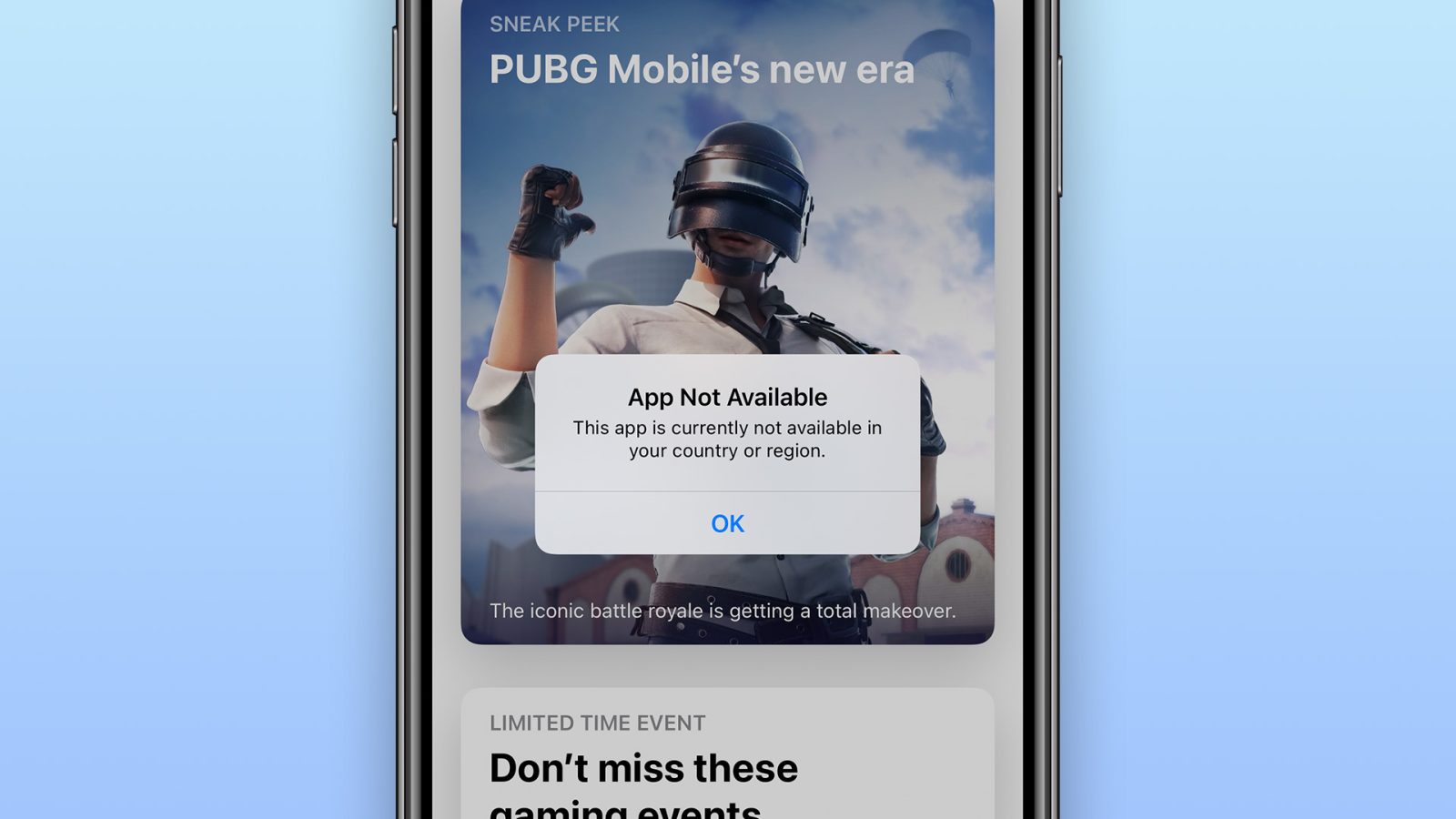
Just over three months after the conclusion of the trial, Judge Yvonne Gonzalez Rogers has handed down her ruling in the Apple vs. Epic Games case. Judge Rogers has issued a permanent injunction saying that Apple can no longer forbid developers from directing users to third-party payment options.
The ruling from Judge Rogers comes after Apple has already announced a handful of App Store changes over the past week, including allowing developers of “Reader” applications to link out to a website for account management. Those changes by themselves are not enough to satisfy the new ruling from Judge Rogers, however.
The ruling reads:
Apple Inc. and its officers, agents, servants, employees, and any person in active concert or participation with them (“Apple”), are hereby permanently restrained and enjoined from prohibiting developers from (i) including in their apps and their metadata buttons, external links, or other calls to action that direct customers to purchasing mechanisms, in addition to In-App Purchasing and (ii) communicating with customers through points of contact obtained voluntarily from customers through account registration within the app.
The injunction is set to go into effect in 90-days. As written, this means Apple must allow developers of all applications — not just “Reader” applications — to link out to third-party payment solutions. Most notably, this includes the highly lucrative games category.
The ruling on Apple’s anti-steering restrictions being anticompetitive is not necessarily a surprise, as this is something Judge Rogers heavily focused on during the trial. This refers to Apple’s guidelines that state developers are not allowed to “steer” customers to make digital purchases outside of the App Store. During the trial, Judge Rogers specifically referenced an anti-steering credit card case that previously made it to the United States Supreme Court.
Epic to pay Apple
Judge Rogers did rule in factor of Apple in the company’s claim that Epic breached its App Store contract when it circumvented Apple to add a direct payment option to Fortnite for iOS.
On the counterclaim, in favor of Apple on the counterclaim for breach of contract. Epic Games shall pay (1) damages in an amount equal to (i) 30% of the $12,167,719 in revenue Epic Games collected from users in the Fortnite app on iOS through Epic Direct Payment between August and October 2020, plus (ii) 30% of any such revenue Epic Games collected from November 1, 2020 through the date of judgment, and interest according to law.
The court also found that Epic did not support its claims that Apple is a monopolist:
Given the trial record, the Court cannot ultimately conclude that Apple is a monopolist under either federal or state antitrust laws. While the Court finds that Apple enjoys considerable market share of over 55% and extraordinarily high profit margins, these factors alone do not show antitrust conduct. Success is not illegal. The final trial record did not include evidence of other critical factors, such as barriers to entry and conduct decreasing output or decreasing innovation in the relevant market. The Court does not find that it is impossible; only that Epic Games failed in its burden to demonstrate Apple is an illegal monopolist.
Apple statement
In a statement to 9to5Mac, Apple said:
“Today the Court has affirmed what we’ve known all along: the App Store is not in violation of antitrust law. As the Court recognized ‘success is not illegal.’ Apple faces rigorous competition in every segment in which we do business, and we believe customers and developers choose us because our products and services are the best in the world. We remain committed to ensuring the App Store is a safe and trusted marketplace that supports a thriving developer community and more than 2.1 million U.S. jobs, and where the rules apply equally to everyone.”
Is Fortnite coming back to the App Store?
In the ruling, Judge Rogers says that Apple was lawful in its decision to terminate Epic’s developer account last year when it added the Fortnite direct payment option. As such, it is purely up to Apple to decide whether or not to allow Fortnite back on the App Store.
The rulings say:
Apple’s termination of the DPLA and the related agreements between Epic Games and Apple was valid, lawful, and enforceable, and (ii) Apple has the contractual right to terminate its DPLA with any or all of Epic Games’ wholly owned subsidiaries, affiliates, and/or other entities under Epic Games’ control at any time and at Apple’s sole discretion.
Full docs below…more to come.
[scribd id=524421061 key=key-Zm8QdKLRnG3Ae86vpQAd mode=scroll]
[scribd id=524422113 key=key-pGbPxHXOzcxhRtTCK17T mode=scroll]
FTC: We use income earning auto affiliate links. More.




Comments